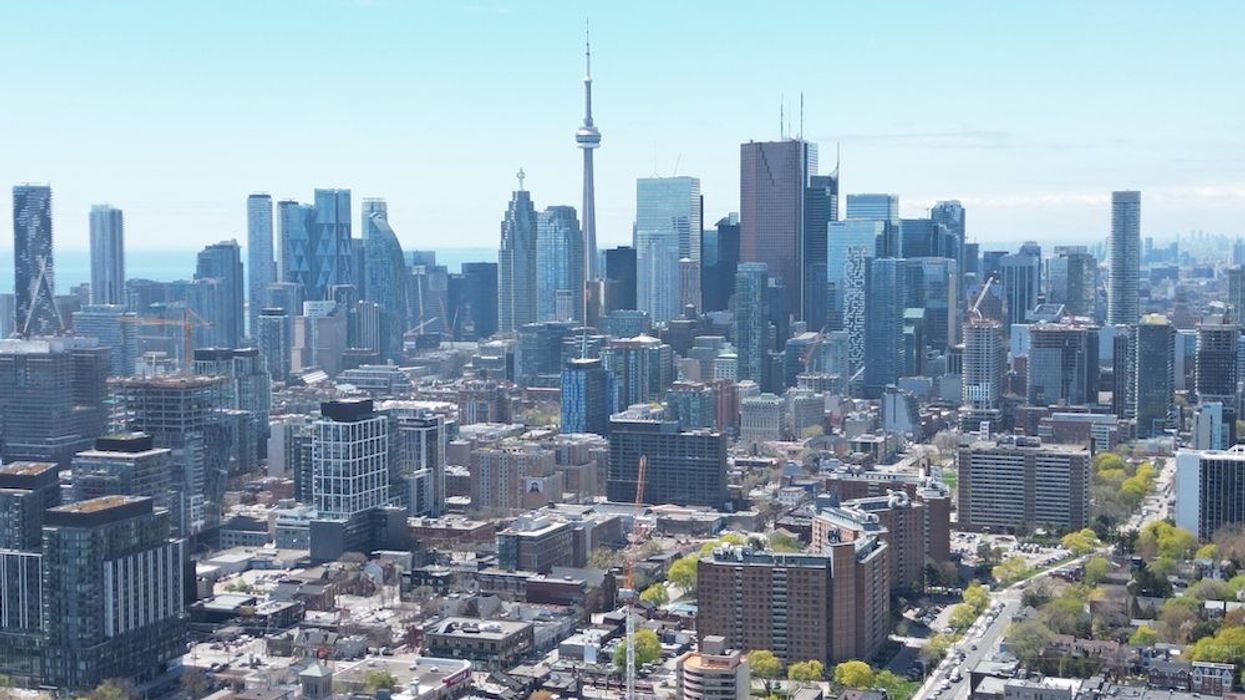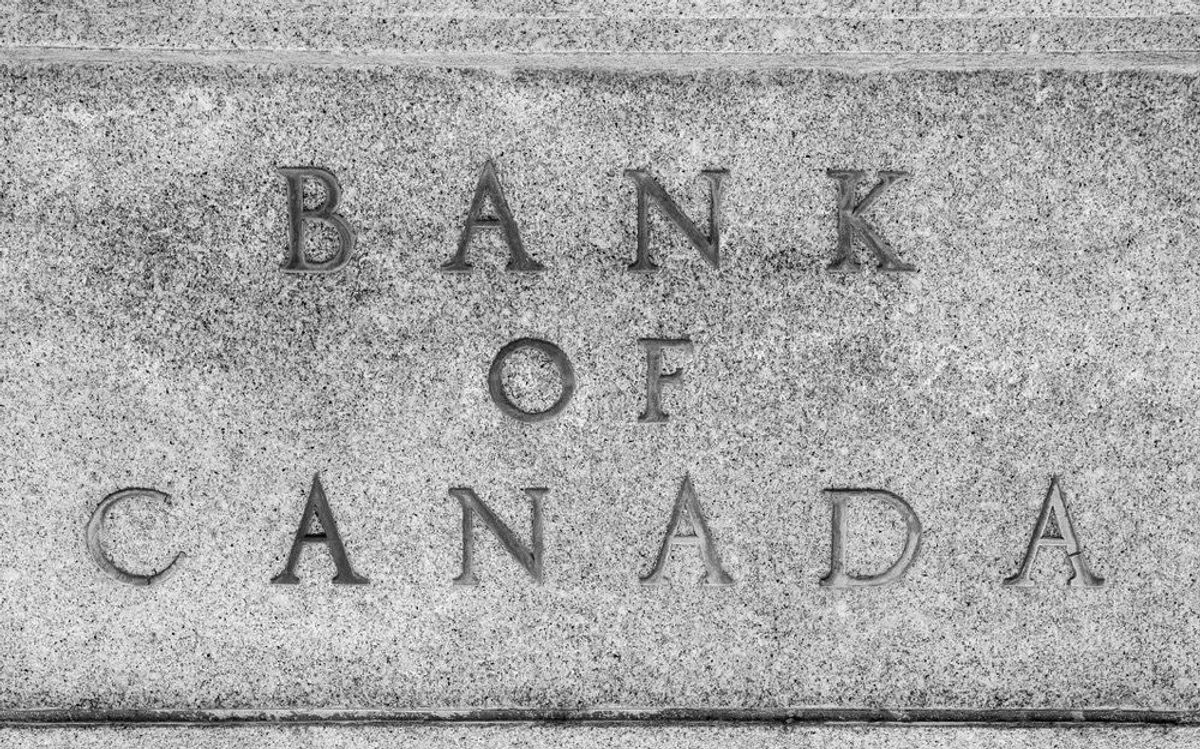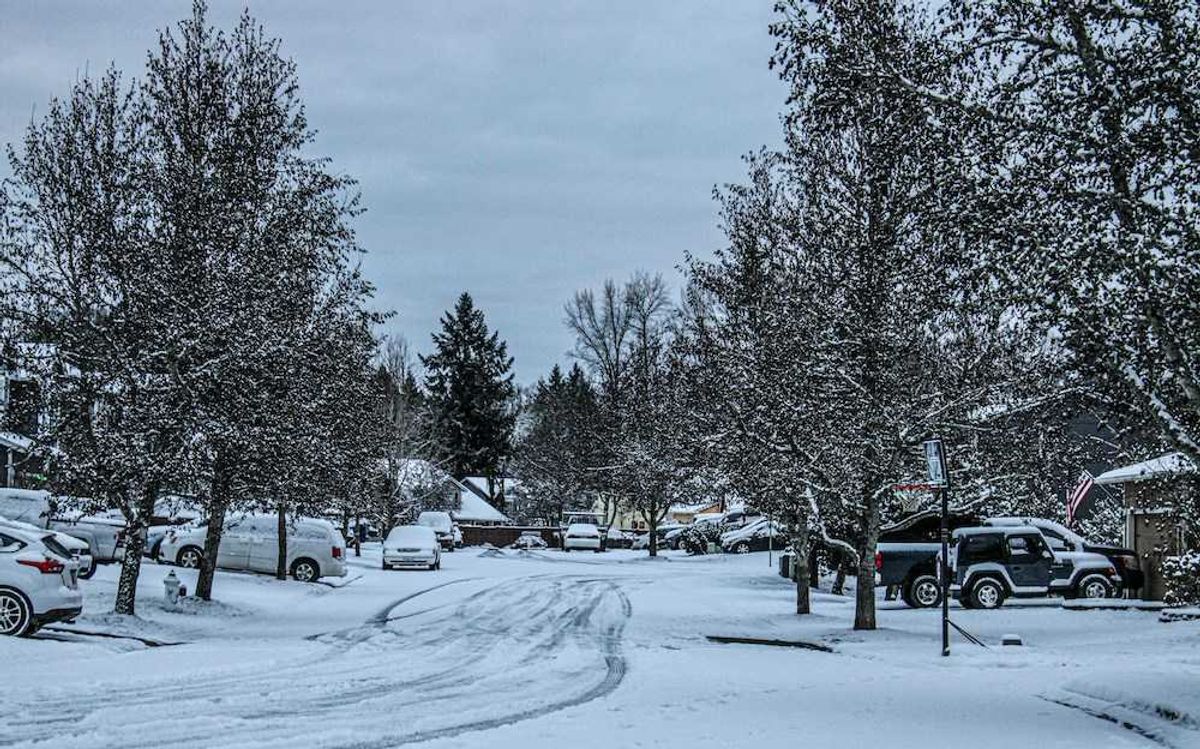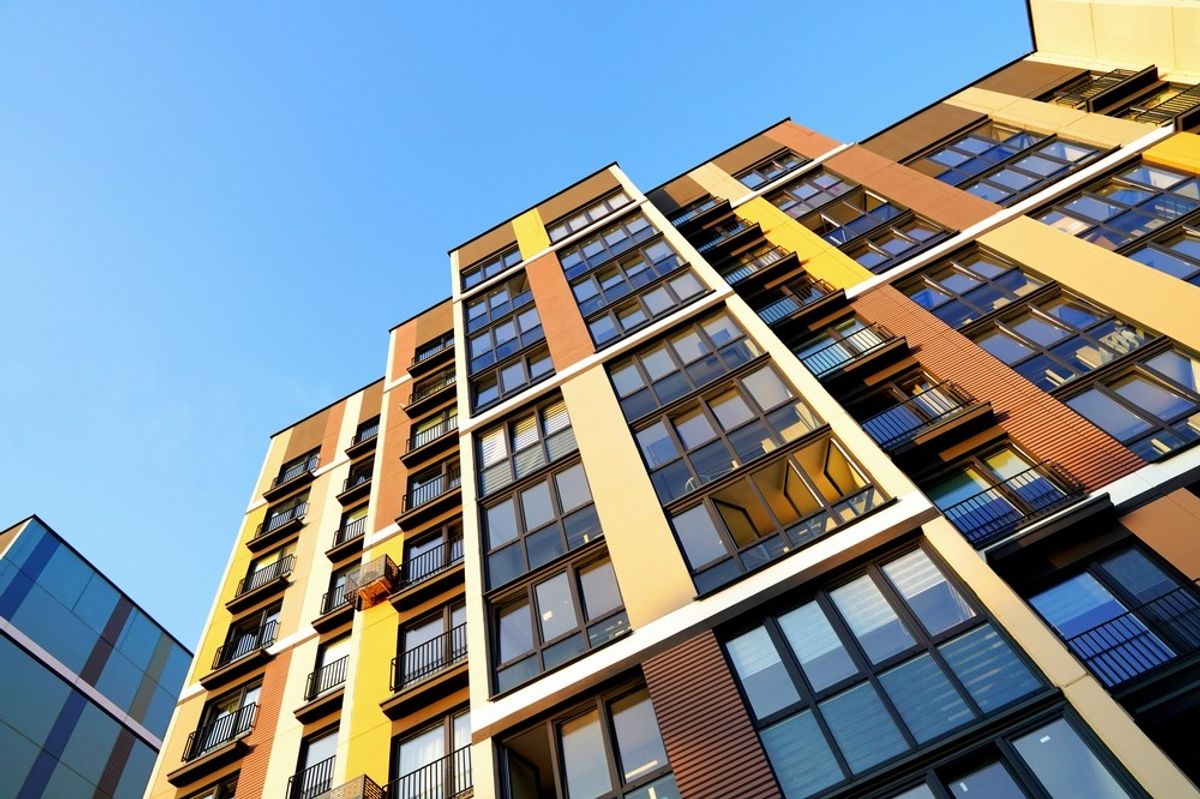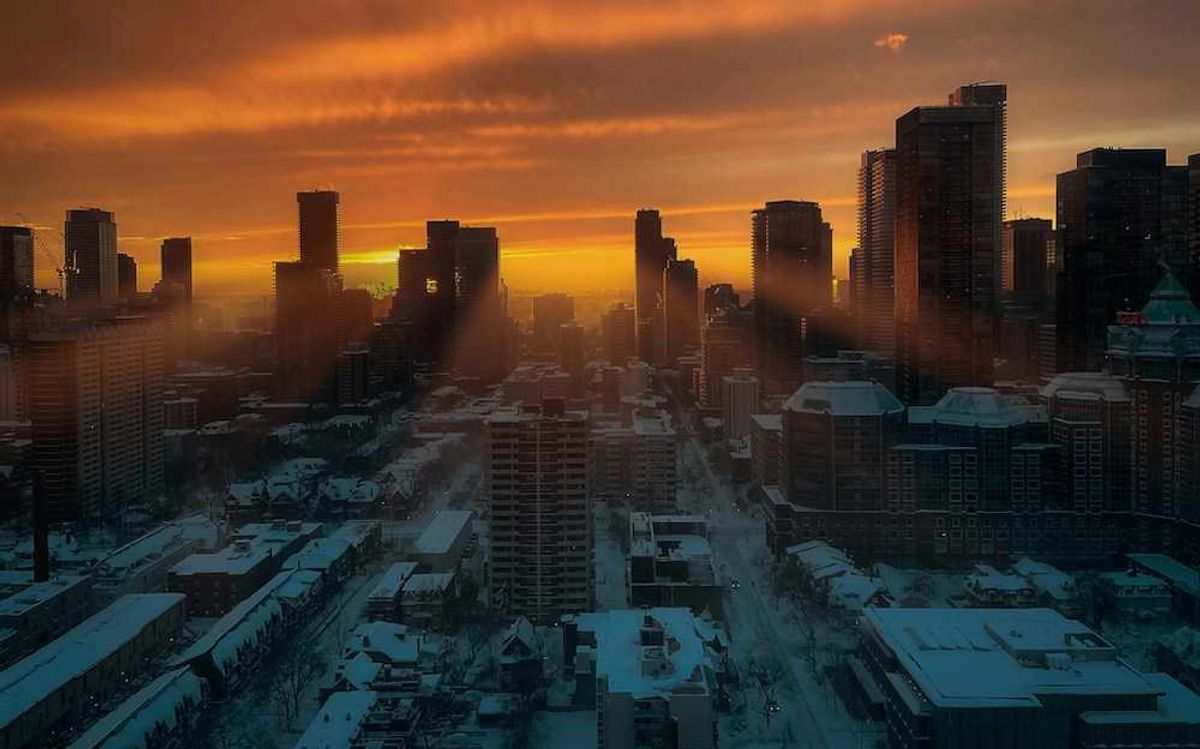It goes without saying; Toronto is broke. So what else is new? As former mayor John Tory used to say, usually that means crawling, “like a boy in short pants,” to Queen’s Park or Ottawa to plead for money.
But now, faced with a staggering $1B fiscal hole, the City has no choice but to find new ways to raise the funds it so desperately needs. Though there’s no question the “senior” levels of government treat Toronto – and other cities – with studied indifference and self-destructiveness, the City must accept responsibility for its own destiny despite the legal hurdles and constitutional obstacles.
In more enlightened jurisdictions in Europe and the U.S., cities collect income and sales taxes. Here, that’s illegal. Toronto’s new mayor, Olivia Chow, has talked about the need for a municipal gas tax and other revenue sources that unlike property taxes grow with the economy.
We can only wish Her Worship good luck.
Still, there are steps Toronto could take. Though there’s always the looming possibility of provincial interference -- Premier Doug Ford has a long history of meddling in civic politics -- it’s worth a try.
And so, in an effort to support our freshly elected chief magistrate in these difficult times, we humbly offer a few modest proposals that might deepen the pockets of our poor, hungry, cash-starved burg.
Graduated Parking Fees: Why should the owner of a subcompact pay the same street parking fee as the owner of a massive pickup truck or a battleship-sized SUV? It doesn’t make sense and certainly isn’t fair. The idea is simple: the bigger the vehicle, the bigger the fee.
Higher Property Taxes for the Rich: Torontonians enjoy the lowest property tax rates in the Greater Toronto Area. It’s time to raise those taxes on houses worth more than, say, $4M, or perhaps, $5M. If owners can afford the houses, they can afford the taxes.
Congestion Fees: We know. We know. Drivers hate the idea of being forced to pay to drive downtown. New Yorkers are about to feel the pain when the Big Apple implements a hefty federally approved $15 congestion fee later this year. Not only do congestion fees raise much needed cash, they help reduce gridlock, in Toronto a mission impossible that left even Tom Cruise stuck in traffic.
Road Tolls: As John Tory discovered in 2017 when he proposed tolling the Gardiner Expressway and the Don Valley Parkway, the provincial government, even one as city-friendly as Kathleen Wynne’s, killed the scheme because it would have penalized 905ers. We’re often reminded there’s no such thing as a free lunch, why should there be free highways?
Speed Cameras: Not just a great way to generate cash – one speed camera raised $3M last year – they can also cut speeding and make streets safer. Currently, there are a 75 speed cameras in Toronto; the city need more, many more.
The Vehicle Registration Fee: When then-mayor David Miller imposed a $60 vehicle registration fee in 2007, it raised nearly $60M. In an act more symbolic than sound, his successor, Rob Ford, cancelled it within nanoseconds of being elected. The city can no longer afford Ford’s fiscal foolishness; the fee should be reinstated. By contrast, it’s worth noting that Miller’s land transfer tax has remained intact since it was introduced in 2009. Just as well. It has kept Toronto’s finances from total collapse. In 2022, for example, it raised almost $950M.
Taxing Signs: Technically, it’s known as the Third Party Sign Tax and applies to everything from “ground signs” to electronic signs and billboards. But if what we get is what we see, we need to get more.
Secret Taxes: Among the best-kept secrets of the City of Toronto Act (2006) are a number of taxing powers that so far have not been implemented. Among the options available to the City are the usual sin taxes on alcohol and cigarettes as well as potentially lucrative parking levy estimated to be worth between $171M and $535M annually. Under mayors Ford and Tory, these possibilities were non-starters. Indeed, their commitment to keeping property taxes under the rate of inflation has contributed mightily to Toronto’s chronic poverty. But desperate times call for desperate measures; the time has come to consider these taxing powers. Chow, who enjoys hefty political capital and is free of right-wing ideological baggage, could be the mayor to make these changes, as unpleasant as they may be.
Taxing Powers: And while we’re at it, the City must consider environmental levies, more necessary than ever given the speed with which the climate collapse is unfolding in Canada and the rest of the planet. This might take the form of a surcharge on environmentally damaging construction or high-emitting vehicles. The City does have a development charge rebate program, but we need sticks as well as carrots. Although legal experts will accuse the City of overstepping its powers, cities are in the forefront of global warming. Besides, the province ignores the Canadian Charter of Rights and Freedoms with alarming regularity. The courts have killed legislation passed by Doug Ford’s Conservative regime at least 14 times. It’s time Toronto explored the limits of what it expects of residents and businesses.
